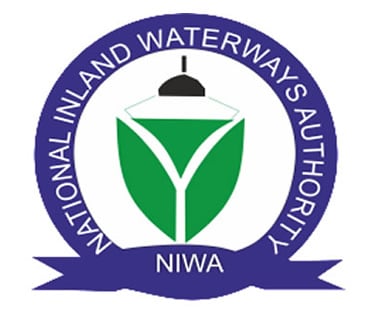The National Inland Waterways Authority has stated that despite the enormous potential, Nigeria still lags behind global peers in harnessing its inland water resources for transport, trade, and local development.
This is even as NIWA called on the Federal Government and private sector investors to significantly scale up investments in Nigeria’s inland waterways.
In a statement on Tuesday, the Lagos Area Manager of NIWA, Sarat Braimah, stated this while speaking at the 3rd Ehingbeti Blue Economy Hub.
Braimah stressed that such action is crucial to unlocking the nation’s blue economy potential and transforming the lives of millions in coastal communities.
According to her, waterways remain central to the economic and social livelihood of communities surrounded by water.
“Despite the enormous potential, Nigeria still lags behind global peers in harnessing its inland water resources for transport, trade, and local development,” she said.
Braimah emphasised that inland waterways form the core of what people do directly with the communities that are surrounded by water.
“There are a lot of potentials in inland waterways, and that is why the government of President Bola Tinubu made a special ministry known as the Marine and Blue Economy Ministry,” she said.
Nigeria, according to Braimah, boasts 28 littoral states interconnected by navigable waters, with five West African countries accessible via its inland waterways.
She highlighted that this geographical advantage presents a huge opportunity for inter-regional trade and sustainable transport if backed by the right level of investment.
Comparing Nigeria’s slow progress with China’s rapid development, Braimah cited the Asian giant’s commitment to inland waterways investment as a model worth emulating.
“If you go to China today, they started investing in their inland waterways five years ago and you can see where they are today ; it is what is making them popular in the whole world,” she remarked.
While commending the Tinubu administration for creating the Ministry of Marine and Blue Economy, Braimah maintained that institutional frameworks alone are not enough.
“Beyond policies and seminars, we have to make the commensurate investment,” she insisted.
She called for targeted funding in critical infrastructure projects such as river dredging, port development, and navigational aids, describing them as capital-intensive but essential to economic transformation.
“Our leaders must not only invest in projects that can be seen immediately, but also in those that have lasting impact like river dredging, which will open up communities, create jobs, and drive sustainable growth,” she added.
The Hub is a recurring forum/initiative that links the historical maritime heritage area of Ehingbeti (a coastal community / historic harbor area in Lagos) with the present-day “blue economy” concept in Nigeria. It brings together government, private sector, coastal communities, and other stakeholders to discuss how Nigeria—and Lagos in particular—can leverage its marine/coastal resources for economic growth, job creation, and sustainable development.















